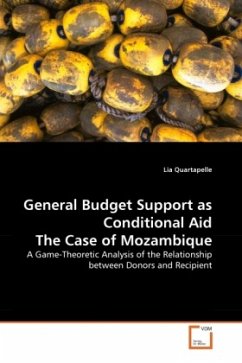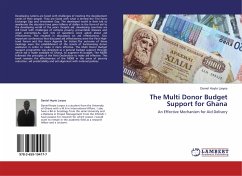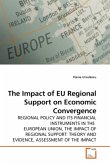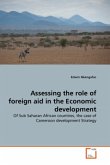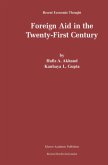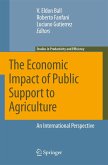The relationship between donor agencies and beneficiary governments have been often analysed in order to understand to what extent aid influences the recipient's behaviour. The book intends to assess whether one of the most recent form of development assistance, General Budget Support, can be considered a form of conditional aid. This aid modality has been created - inter alia - in order to increase country ownership of policies connected with aid disbursements. The topic of the book touches on important policy-related issues that inform the debate on aid effectiveness and poverty reduction. The analysis draws on the existing game-theoretic literature studying the relationship between donors and beneficiaries and builds a game-theory model of the behaviour of donors and recipients. The model is tested against a case-study, that of Mozambique. Mozambique is a show-case for new aid modalities and it is considered to be the testing ground for Budget Support.

